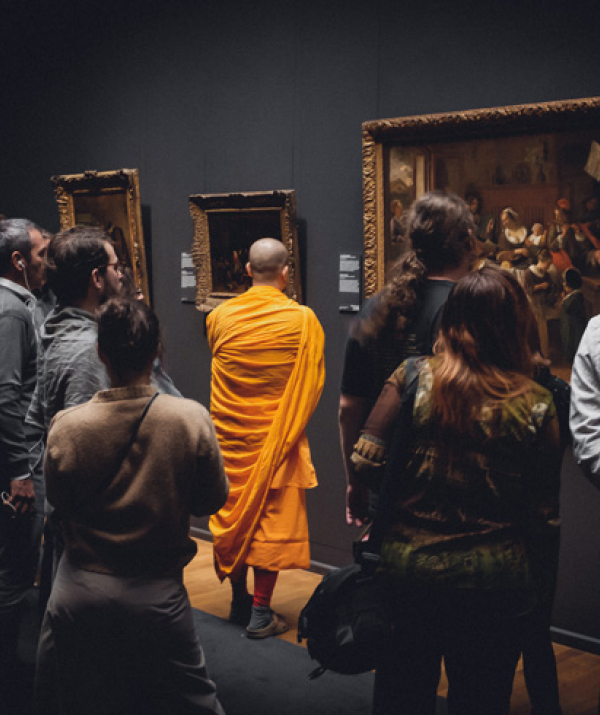Người biết xấu hổ thì mới làm được điều lành. Kẻ không biết xấu hổ chẳng khác chi loài cầm thú.Kinh Lời dạy cuối cùng
Dầu giữa bãi chiến trường, thắng ngàn ngàn quân địch, không bằng tự thắng mình, thật chiến thắng tối thượng.Kinh Pháp cú (Kệ số 103)
Chỉ có cuộc sống vì người khác mới là đáng sống. (Only a life lived for others is a life worthwhile. )Albert Einstein
Yêu thương và từ bi là thiết yếu chứ không phải những điều xa xỉ. Không có những phẩm tính này thì nhân loại không thể nào tồn tại. (Love and compassion are necessities, not luxuries. Without them humanity cannot survive.)Đức Đạt-lai Lạt-ma XIV
Kẻ thất bại chỉ sống trong quá khứ. Người chiến thắng là người học hỏi được từ quá khứ, vui thích với công việc trong hiện tại hướng đến tương lai. (Losers live in the past. Winners learn from the past and enjoy working in the present toward the future. )Denis Waitley
Nếu người có lỗi mà tự biết sai lầm, bỏ dữ làm lành thì tội tự tiêu diệt, như bệnh toát ra mồ hôi, dần dần được thuyên giảm.Kinh Bốn mươi hai chương
Thiên tài là khả năng hiện thực hóa những điều bạn nghĩ. (Genius is the ability to put into effect what is on your mind. )F. Scott Fitzgerald
Học vấn của một người là những gì còn lại sau khi đã quên đi những gì được học ở trường lớp. (Education is what remains after one has forgotten what one has learned in school.)Albert Einstein
Không nên nhìn lỗi người, người làm hay không làm.Nên nhìn tự chính mình, có làm hay không làm.Kinh Pháp cú (Kệ số 50)
Mục đích của đời sống là khám phá tài năng của bạn, công việc của một đời là phát triển tài năng, và ý nghĩa của cuộc đời là cống hiến tài năng ấy. (The purpose of life is to discover your gift. The work of life is to develop it. The meaning of life is to give your gift away.)David S. Viscott
Sự hiểu biết là chưa đủ, chúng ta cần phải biết ứng dụng. Sự nhiệt tình là chưa đủ, chúng ta cần phải bắt tay vào việc. (Knowing is not enough; we must apply. Willing is not enough; we must do.)Johann Wolfgang von Goethe
Trang chủ »» Danh mục »» TỦ SÁCH RỘNG MỞ TÂM HỒN »» none »» How Buddhists Can Benefit from Western Philosophy »»
 Xem Mục lục
Xem Mục lục  Vietnamese || Đối chiếu song ngữ
Vietnamese || Đối chiếu song ngữ

DO NXB LIÊN PHẬT HỘI PHÁT HÀNH
Mua sách qua Amazon sẽ được gửi đến tận nhà - trên toàn nước Mỹ, Canada, Âu châu và Úc châu.
Quý vị đang truy cập từ IP 216.73.216.178 và chưa ghi danh hoặc đăng nhập trên máy tính này. Nếu là thành viên, quý vị chỉ cần đăng nhập một lần duy nhất trên thiết bị truy cập, bằng email và mật khẩu đã chọn.
Chúng tôi khuyến khích việc ghi danh thành viên ,để thuận tiện trong việc chia sẻ thông tin, chia sẻ kinh nghiệm sống giữa các thành viên, đồng thời quý vị cũng sẽ nhận được sự hỗ trợ kỹ thuật từ Ban Quản Trị trong quá trình sử dụng website này.
Việc ghi danh là hoàn toàn miễn phí và tự nguyện.
Ghi danh hoặc đăng nhập